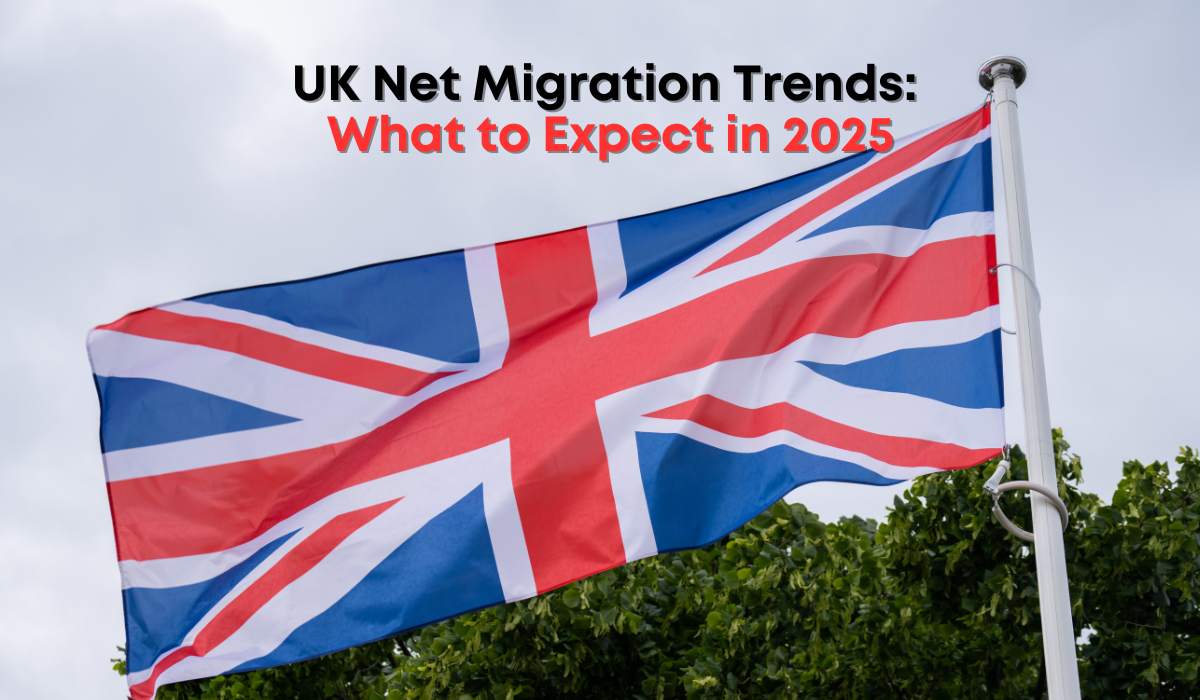Breaking Down the Numbers
The latest ONS data highlights fluctuating migration levels:
- 2021-2022: 866,000
- 2022-2023: 906,000 (revised upward by 166,000 from initial estimates)
- 2023-2024: 728,000 (subject to further revision in 2025)
Despite the overall decline, a substantial majority of migrants arrived legally, leveraging visas for work, family, business, or education. Notably, fewer than 10% of net migrants in 2024 entered under specialist visas, including routes for Afghan, Hong Kong, and Ukrainian nationals.
Will Net Migration Decrease in 2025?
The government’s decision not to set a net migration target for 2025 aligns with historical precedents. Between 2010 and 2024, net migration exceeded 100,000 annually—except during the pandemic in 2020. This absence of a hard target reflects lessons learned from past difficulties in meeting such goals, yet it raises questions about the effectiveness of current strategies.
Chairman of the Migration Advisory Committee, Brian Bell, predicts net migration will stabilize between 300,000 and 350,000 annually without further policy changes. However, this projection may shift depending on economic demands, geopolitical developments, and domestic reforms.
The Role of Skilled Worker Visas
For UK businesses, recruiting overseas talent remains essential. The Skilled Worker Visa and Health and Care Worker Visa remain crucial pathways, though they come with increasing compliance requirements:
- Minimum Salary Threshold: Now £38,700 or the going rate for the role—whichever is higher. This change has made it less viable for some employers to recruit from abroad.
- Compliance Focus: The Home Office is intensifying efforts to identify and penalize non-compliant sponsors, reinforcing the importance of retaining a robust sponsor license.
- Family Dependents: Health and Care Worker Visa holders can no longer bring dependents to the UK, a move likely to reduce applications.
While these measures aim to reduce reliance on overseas workers, the UK faces persistent challenges in filling domestic skills gaps. Employers continue to turn to immigration solicitors for advice on navigating these complexities.
Family Visas: A Resilient Pathway
Unlike work visas, Family Visas, including Spouse, Unmarried Partner, and Civil Partner Visas, face no caps or quotas. However, changes could be on the horizon:
- Financial Requirement: Currently set at £29,000, an increase could deter applications, particularly from sponsors who are self-employed or company directors.
- Complex Cases: Navigating financial criteria often requires expert advice, particularly for those extending visas or applying for Indefinite Leave to Remain.
For families eager to reunite, immigration solicitors play a vital role in ensuring compliance with these intricate requirements.
Student Visas and the Graduate Visa Pathway
International students remain a cornerstone of UK migration. Universities, grappling with financial pressures, continue to prioritize attracting students from abroad. However, changes in policy may impact this demographic:
- Dependent Restrictions: Most international students can no longer bring dependents, potentially discouraging applications.
- Graduate Visa Appeal: The Graduate Visa offers unparalleled flexibility, allowing students to work without sponsor requirements or salary thresholds. Many eventually transition to Skilled Worker Visas, underscoring its value for both graduates and employers.
As the government signals potential tweaks to the Graduate Visa route, its popularity and accessibility will remain central to debates about student migration.
Looking Ahead: The Government’s Plan for Change
The anticipated “Plan for Change” aims to address both legal and illegal migration. However, its success may be difficult to measure without a clear target for net migration in 2025. While the reduction in 2024 offers a precedent, the ongoing demand for skilled workers and family reunification suggests that figures in the hundreds of thousands remain likely.
Final Takes
The UK’s net migration landscape is at a crossroads. While figures have dipped, the complexities of economic needs, family ties, and international education ensure migration will remain a vital issue. From businesses grappling with compliance to families navigating financial requirements, the role of immigration solicitors is more critical than ever.
For businesses, families, and individuals seeking clarity amid shifting policies, expert advice and preparation will be essential. Whether 2025 brings further reductions or stabilizes migration levels, the focus must remain on balancing economic resilience with humane and effective immigration practices.
Stay updated as we track developments and offer insights into navigating the ever-evolving UK immigration system.
Get in touch: For a comprehensive understanding of your options or queries on UK immigration matters, contact GigaLegal Solicitors at 02074067654 or click here to book a no-obligation consultation with an immigration expert.


